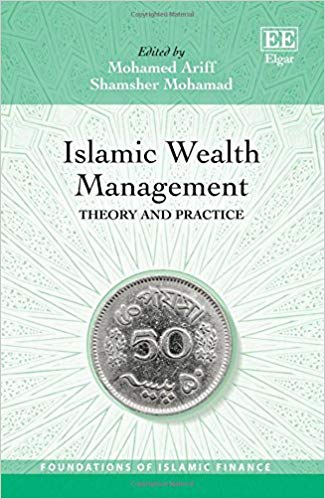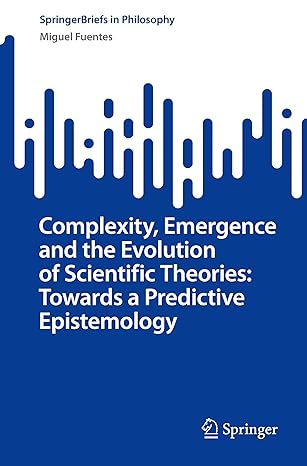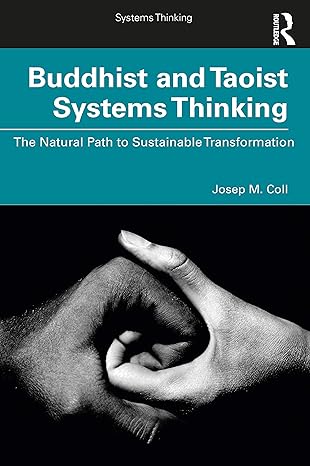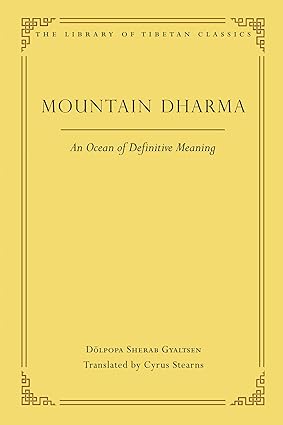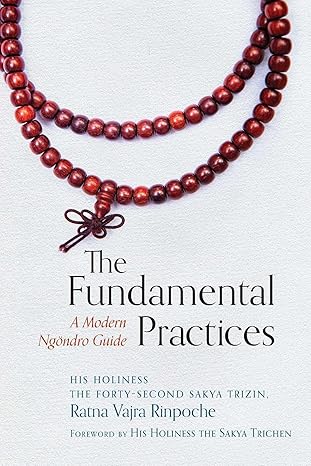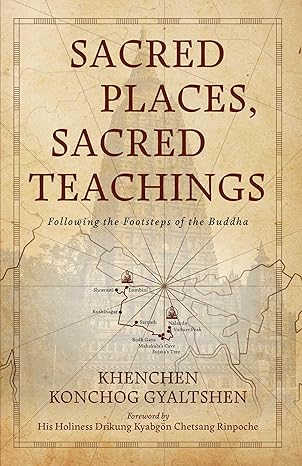From an Islamic perspective, although the ownership of wealth is with God, humans are gifted with wealth to manage it with the objective of benefiting the human society. Such guidance means that wealth management is a process involving the accumulation, generation, purification, preservation and distribution of wealth, to be conducted carefully in permissible ways. This book is the first to lay out a coherent framework on how wealth management should be conducted in compliance with guiding principles from edicts of a major world religion.
The book begins by defining wealth from both a secular perspective, and an Islamic perspective, before describing how wealth needs to be earned in lawful ways, preserved and used to benefit the needs of community, with a small part of the wealth given away to charity, and the remainder managed in accordance with laws and common practices, as established by a majority consensus of scholars of the religion in historical times. Each section of the book has relevant chapters that discuss the theory, as well as the application and the challenges in Islamic wealth management in real and financial markets.
This book will appeal to students and researchers of Islamic wealth management, certainly Islamic economics and finance in general; policy makers; and a range of industry practitioners, such as investment managers, financial planners, accountants and lawyers.
Contributors include: S.O. Alhabshi, M. Ariff, G.Ç. Dolgun, M.H. Dolgun, M. El Khatib, J. Farrar, F. Habib, A. Lahsasna, Z. Mahomed, A. Mirakhor, S. Mohamad, M.I.A. Mohsin, E.S. Rasid, S.H.A. Razak, S.A. Rosly, Z.M. Sori, J.A. Thahir, A. Zuleika
چکیده فارسی
از دیدگاه اسلام، اگرچه مالکیت مال با خداست، اما انسانها دارای ثروتی هستند تا با هدف منفعت جامعه بشری، آن را اداره کنند. چنین راهنمایی به این معناست که مدیریت ثروت فرآیندی است شامل انباشت، تولید، تطهیر، حفظ و توزیع ثروت، که باید با دقت به روشهای مجاز انجام شود. این کتاب اولین کتابی است که چارچوب منسجمی را در مورد چگونگی مدیریت ثروت با رعایت اصول راهنمای احکام یک دین بزرگ جهانی ارائه میکند.
این کتاب با تعریف ثروت از هر دو منظر سکولار و اسلامی آغاز میشود، قبل از توضیح چگونگی کسب ثروت از راههای حلال، حفظ و استفاده از آن به نفع نیازهای جامعه، با بخش کوچکی از ثروت. صرف امور خیریه می شود و باقیمانده بر اساس قوانین و رویه های متداول اداره می شود که با اجماع اکثریت علمای دین در دوران تاریخی ایجاد شده است. هر بخش از کتاب دارای فصول مرتبطی است که در مورد نظریه و همچنین کاربرد و چالشهای موجود در مدیریت ثروت اسلامی در بازارهای واقعی و مالی بحث میکند.
این کتاب برای دانشجویان و پژوهشگران مدیریت ثروت اسلامی، بهطور کلی اقتصاد و دارایی اسلامی جذاب خواهد بود. سیاست گذاران؛ و طیف وسیعی از متخصصان صنعت، مانند مدیران سرمایه گذاری، برنامه ریزان مالی، حسابداران و وکلا.
مشارکت کنندگان عبارتند از: S.O. الحبشی، م.عارف، گ.چ. دولگون، م.ح. دولگون، م. الخطیب، ج. فرار، ف. حبیب، ع. لهسنا، ز. محمود، ع. میراخور، س. محمد، م.ی.ا. محسن، ا.س. راسید، س.ح.ا. رازک، س.ا.روزلی، ز.م. سوری، ج.ا. ثاهر، ا. زلیکا
ادامه ...
بستن ...
